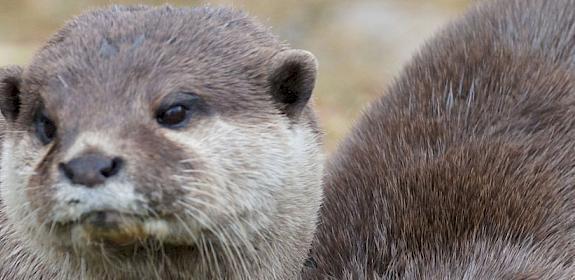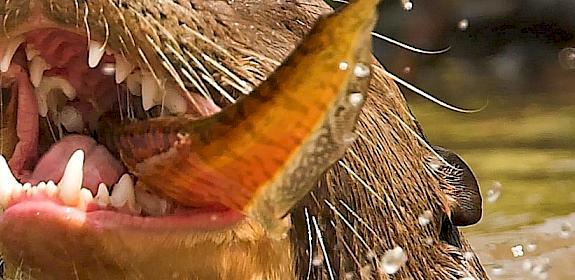
Wildlife trade, COVID-19 and zoonotic disease risks: shaping the response
- »
- Publications »
- Reports »
- Wildlife trade, COVID-19 and zoonotic disease risks: shaping the response
With COVID-19 cases, related human mortality and socio-economic disruption rising rapidly around the globe there are overwhelming reasons to concentrate on immediate emergency responses, the here and the now.
Wildlife trade, COVID-19 and zoonotic disease risks: shaping the response
Report author(s):
Steven Broad
Publication date:
April 2020
key findings
People are dying, daily life is being fragmented, businesses are failing, families and communities are suffering and there is enormous uncertainty about when things will begin to improve, never mind emerge into some new normality.
Beyond the reality of important operational challenges common to most organisations and businesses, the COVID-19 crisis has particularly poignant relevance for TRAFFIC and other organisations working in the field of wildlife trade. Although the origins of the disease are currently unproven, there are strong indications of a wild animal source and a direct link to wildlife trade in China. Specifically, a significant proportion of early cases in China involved people who had worked at or visited a market in Wuhan where wild animals were on sale and initial research results pointed to a possible transmission pathway from bats via pangolins to people.
Even if indications of this link prove in future to be mistaken, the COVID-19 outbreak has attracted strong attention to a growing number of examples of wildlife-sourced diseases emerging as important human health concerns in recent decades. For many of these examples, there are strong indications of diseases transmission links to trade and consumption of wild animal species.
In light of initial evidence of the origins of COVID-19, China introduced emergency measures in February 2020 restricting wild animal trade and consumption. Viet Nam and other countries are considering similar emergency responses. At the time of writing, with the COVID-19 epidemic still growing fast, a wide range of organisations and public voices are calling for strong permanent prohibitions on wild animal trade to reduce risks to human health. The purpose of this paper is to dig into what we know of links between wildlife trade and zoonotic diseases and on this basis to consider implications for future wildlife trade policy and longer-term remedial measures.
for more information:
Media Team
+447921309716
Related News and Reports
featured in: Africa Americas Asia & Middle East Europe Oceania Mammals Birds Marine Invertebrates Reptiles & Amphibians Flora Trade Monitoring Collaboration & Policy



